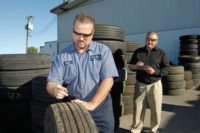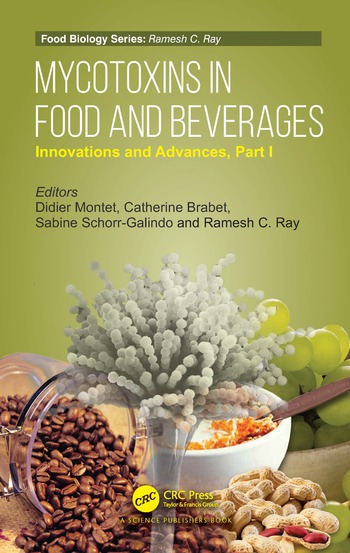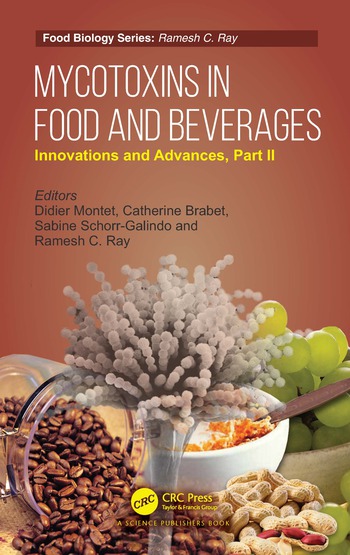Efficiency through tire advances
Benefits for transportation’s bottom line — and beyond


|
Tire technology is not a category that is immune to ongoing technology advancements. To gain some insight into this progression, I visited with Gary Enterline, product category manager for Greenville, S.C.-based Michelin Americas Truck Tires. Dedicated to the improvement of sustainable mobility, Michelin designs, manufactures and sells tires for every type of vehicle.
“One obvious change and driving market force is the price of diesel fuel,” Enterline says. “With the higher price per gallon of diesel fuel over the past several years, customers have become much more conscious of their fuel efficiency. Customers are realizing that they can save enough fuel by just changing to low-rolling resistance tires to actually pay for the tires.
“Another notable change in the broader market is regulations,” he continues. “Some of these are at state or local levels, and others are at the national level. Some of the most recent regulation changes from the Environmental Protection Agency (EPA) and the National Highway Traffic Safety Administration are the greenhouse gas and fuel efficiency regulations. These regulations have a significant impact on the beverage industry.”
Enterline mentions SmartWay, a voluntary EPA program that promotes fuel efficiency by verifying rolling resistance, which is an important performance factor for tires in the beverage industry.
One technology used by Michelin to lower the rolling resistance of tires is the Michelin X-One wide single tire, which replaces dual tires in drive and trailer positions. Another benefit of the Michelin X-One tire, according to Enterline, is lower weight, which translates to increased payload for the customer.
“The use of Infini-Coil Technology in X-One tires allows the contact patch to maintain stability, making the wide single tire possible,” Enterline explains. “The wide single eliminates two sidewalls compared to dual tires, and sidewalls contribute significantly to rolling resistance through the normal flexing as the tire rolls down the road.”
Removal mileage, or the wear life of the tire, has always been, and remains, one of the most important tire performances for customers, Enterline observes. The more miles a tire can run, the better value for the customer. Other tire needs, such as casing durability and traction, can increase in importance depending on the exact environment in which the beverage fleet operates, he adds. Durability can play a large part in many beverage fleets because of the potential for curbing and other debris encountered in more urban environments.
“Greater tire life, durability and traction can all be addressed by tire construction, tread design and rubber compounds,” Enterline says. “These areas of tire technology provide a palette for tire designers to paint certain performances into the tires.”
Belt packages and reinforced sidewalls also can provide the necessary protection needed to meet the demands of many beverage fleets, he says.
“Tread design technology is also evolving, and Michelin is deploying Matrix Siping Technology in a number of tires to protect against irregular wear and to provide more biting edges for enhanced wet traction. Michelin also utilizes multiple rubber compounds in its tire designs to control casing temperatures, while also providing the needed tread performances.” BI
| The benefits of tire retreading |
|
Recycling tires through retreading can offer beverage distributors some significant returns. “In the 1960s and 1970s, treads would wear out in 60,000 to 70,000 miles,” says Jay Hofner, general manager of commercial retreading for The Goodyear Tire & Rubber Co., Akron, Ohio. “Now a retreaded tire can go 200,000 miles or more depending upon the wheel position and application. The tire construction has improved and today’s tread compounds wear better.” Through the years, many beverage distributors have turned to retreaded tires because they cost less than new tires, he notes. But more recently, distributors have found that the performance of retreaded tires has greatly improved as manufacturers like Goodyear develop new innovations. “Distributors that have never run retreads are re-evaluating them now because the escalating cost of raw materials, fuel and other transportation costs make retreads much more compelling,” Hofner says. “They’re seeing new tires as too much of an investment to not reuse that casing when the tread is worn out.” Quality retreaded tires use manufacturing processes that create a balanced tire with even tread wear to help beverage distributors significantly increase the miles to removal on their tires, Hofner explains. Goodyear’s patented UniCircle process molds the tread to the casing in one circular piece and allows Goodyear authorized retreaders to create UniCircle treads with compounds and patterns identical to those used on new Goodyear tires, he says. Finding the right tire and tread for the application also plays a significant role in tire performance. Tire manufacturers typically have a variety of tires made with advanced compounds and construction to help truck operators in high-scrub delivery applications get longer casing life and better performance. “By matching those tires with a quality retread process when it comes time to retread them, beverage distributors can continue to get the same benefits the original tread offered again and again, with proper maintenance,” Hofner says. “Quality retreads make sense because they can cost about a third of the price of a new tire, while providing comparable mileage and performance. And in these days of high oil prices, their production uses one-third fewer petrochemicals.” BI |
Looking for a reprint of this article?
From high-res PDFs to custom plaques, order your copy today!






